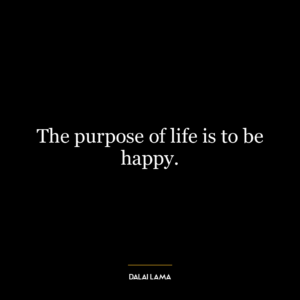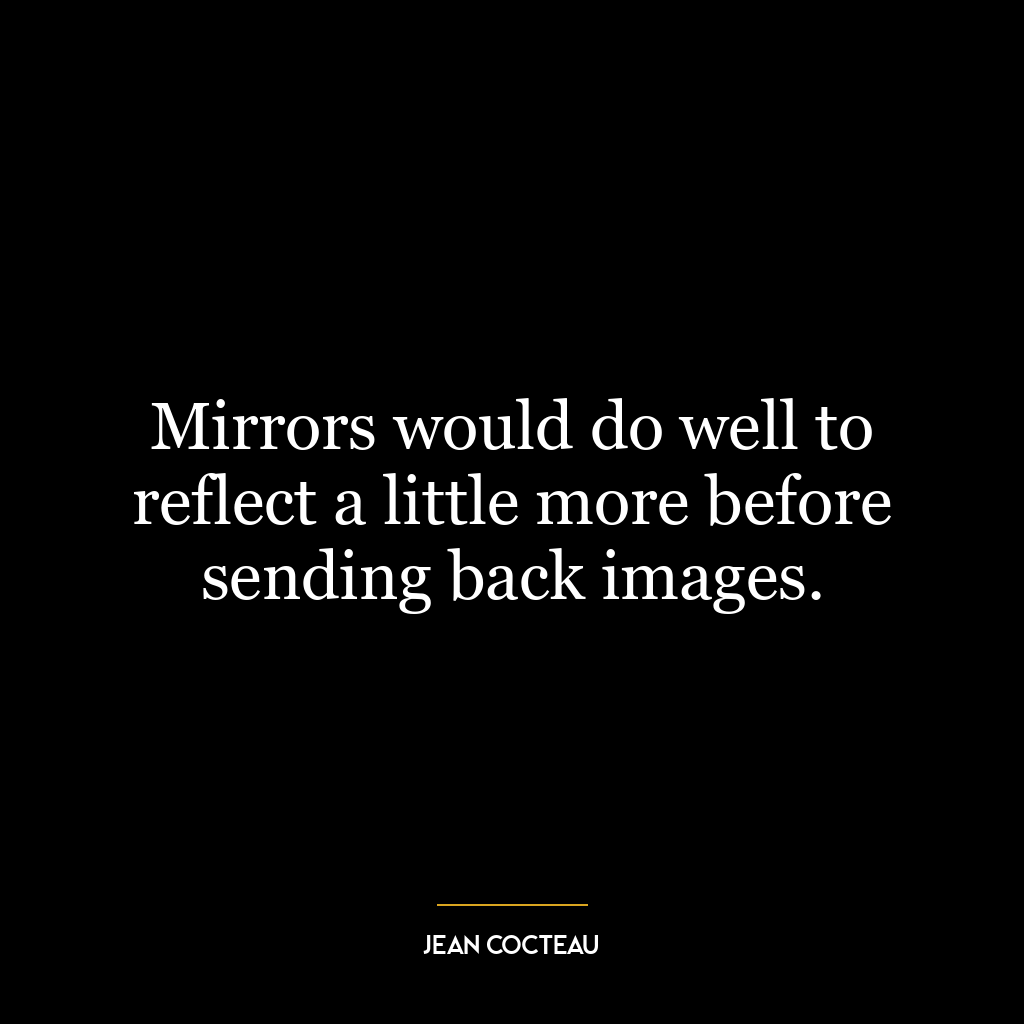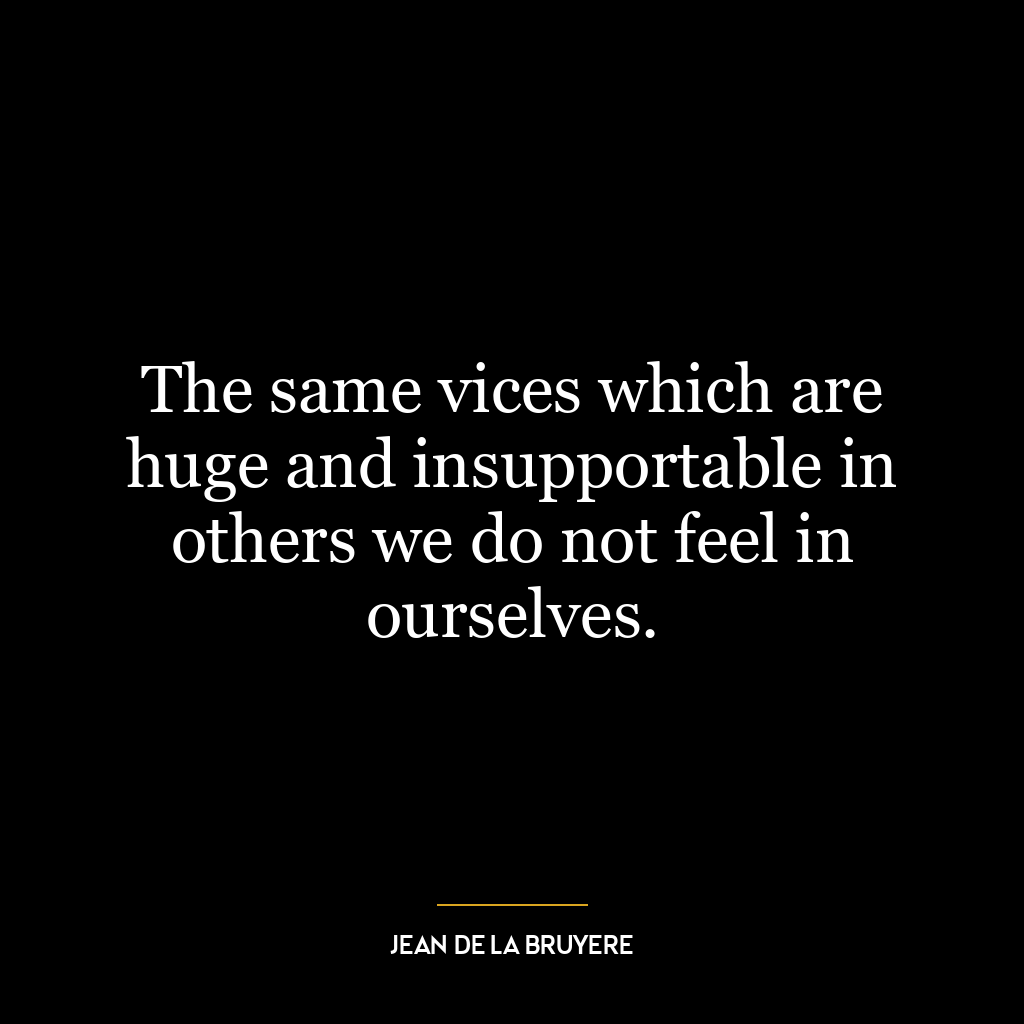This quote emphasizes the importance of self-awareness and personal growth as prerequisites to expecting or demanding change from others. It suggests that change begins within oneself. By watching and checking ourselves, we undertake a process of introspection and self-evaluation. This allows us to identify our own flaws, shortcomings, and areas where we can improve. By actively working on these areas, we can bring about change in our own attitudes, behaviors, and perspectives.
The second part of the quote implies that only after we have initiated personal change can we then expect changes from others. This could mean that our personal changes can inspire or influence others to change. Alternatively, it could signify that once we have experienced the challenges and rewards of personal change, we are more understanding and patient with others as they navigate their own changes.
In today’s world, this idea is particularly relevant as we face numerous global challenges that require collective action and change. However, before we demand change from others – whether it be our leaders, institutions, or fellow citizens – we must first examine and change our own attitudes and behaviors. For instance, before advocating for environmental conservation, we should first practice sustainable habits in our own lives.
In terms of personal development, this quote encourages us to take responsibility for our own growth instead of blaming others or expecting them to change. It underscores the importance of self-improvement and personal accountability. By focusing on bettering ourselves, we not only improve our own lives but also potentially influence those around us in a positive way. This can lead to a ripple effect of positive change, starting from the individual and extending outwards to the broader community.











![I never have wit until I am below stairs.
[Fr., Je n’ai jamais d’esprit qu’au bas de l’escalier.]](https://quotes.guide/wp-content/uploads/jean-de-la-bruyere/jean-de-la-bruyere-785341.png)
